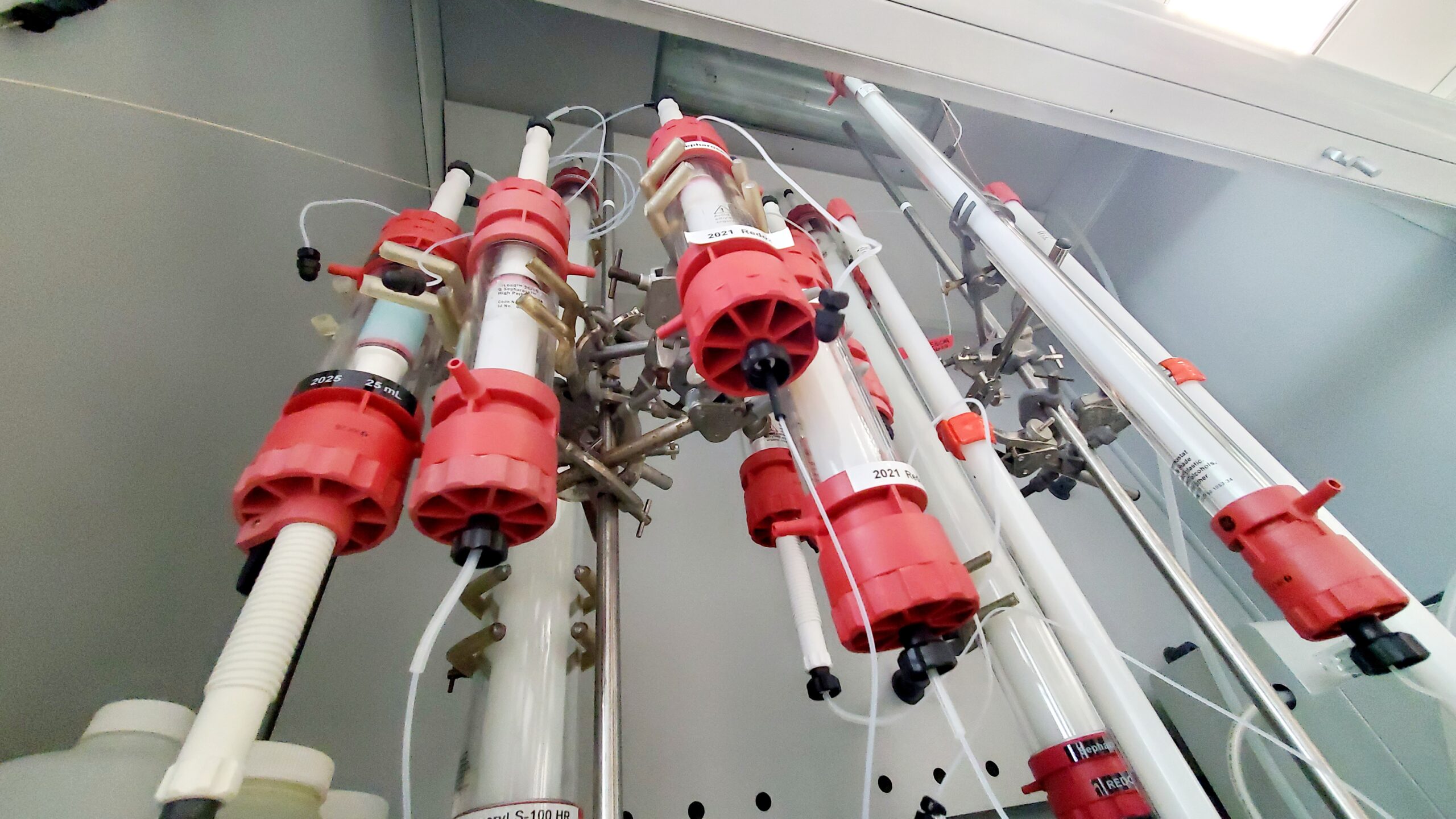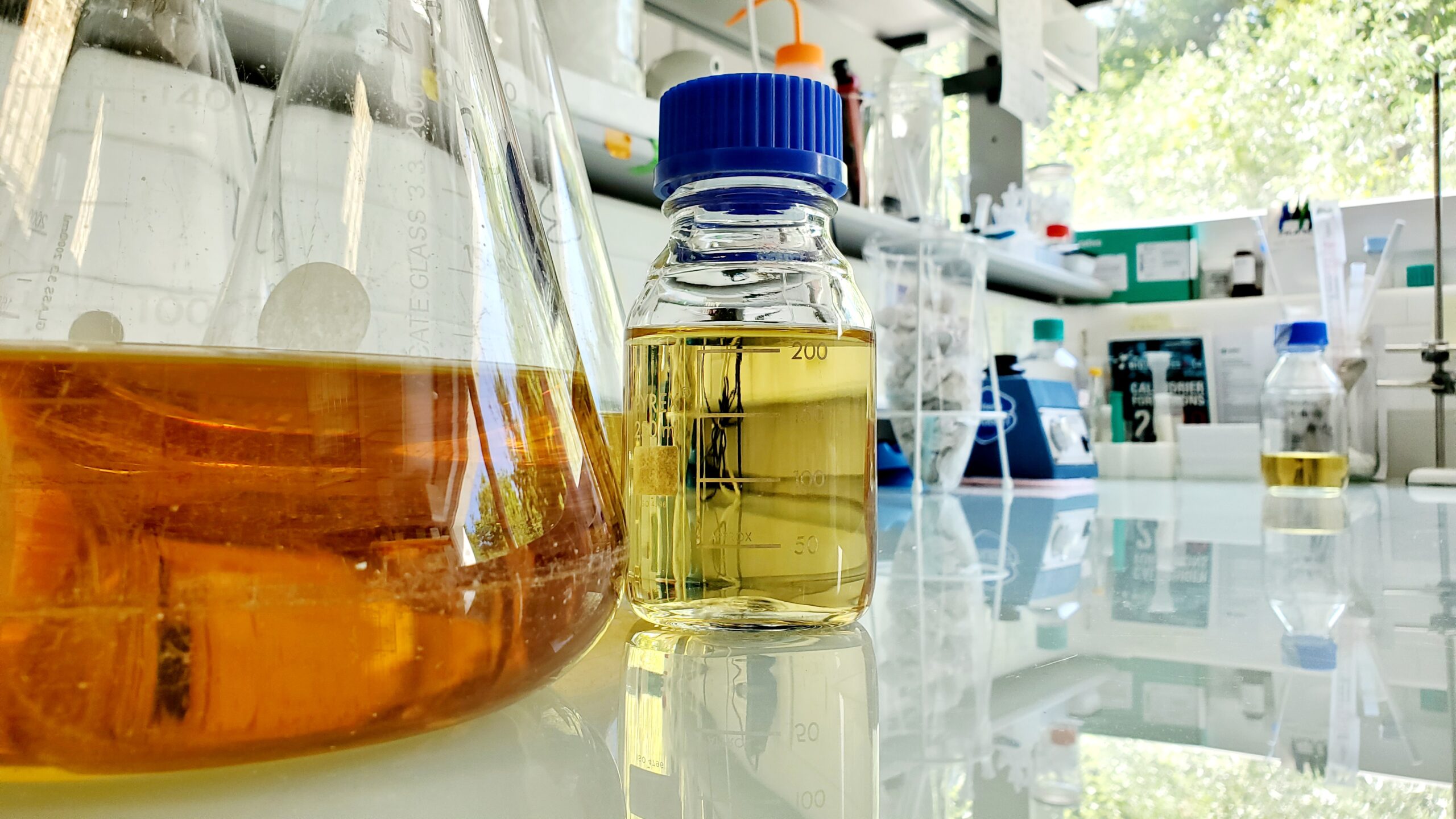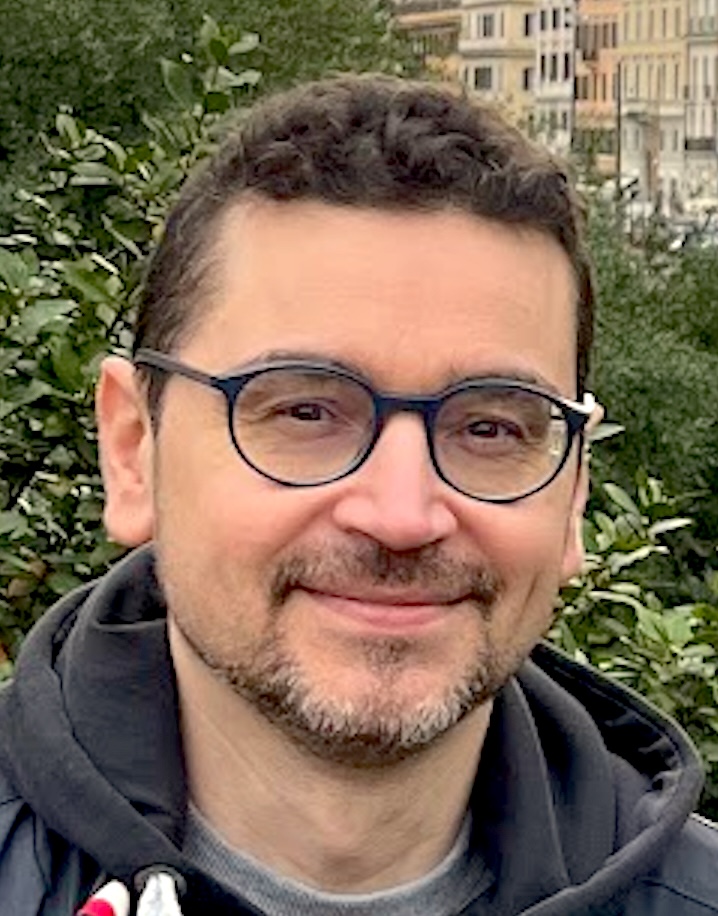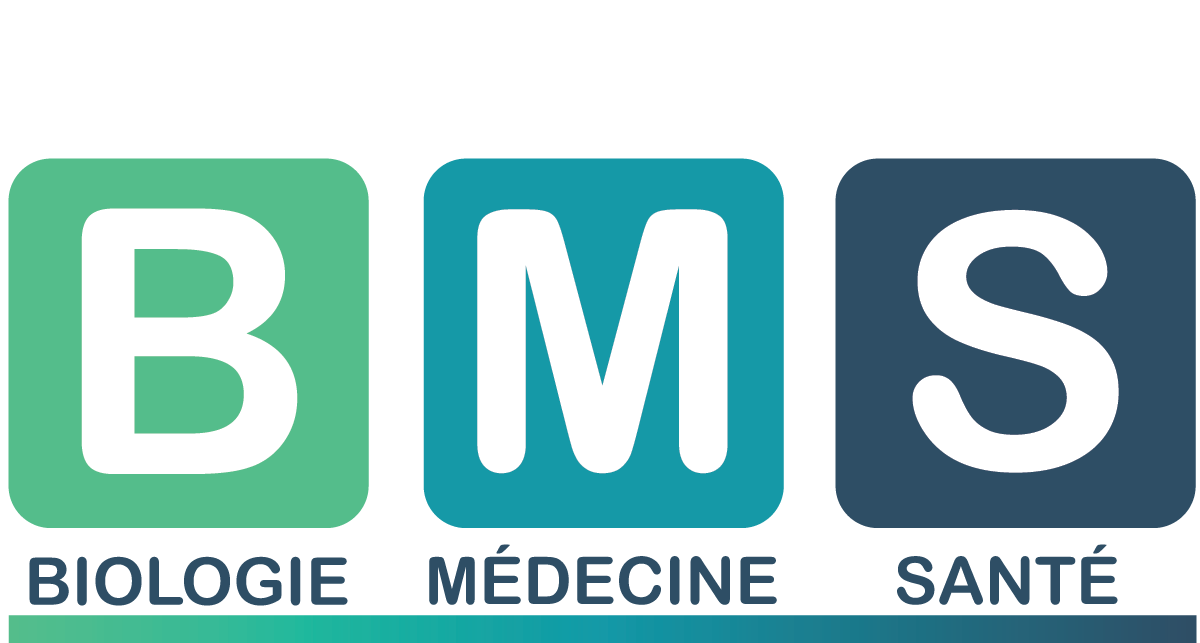Multiscale redox enzymology and epitranscriptomics
Managers: Sandrine BOSCHI-MULLER, Iouri MOTORINE and Sophie RAHUEL-CLERMONT
The Redox Multi-scale Enzymology and Epitranscriptomics team focuses on fundamental mechanistic research and molecular engineering involving two classes of biologically relevant macromolecules (RNA and enzymes). The goal is to gain a better understanding of the fundamental physiological processes associated with these macromolecules while also developing their potential for valorization, particularly in human health.
The team’s research is conducted in two main areas:
1) Molecular mechanisms of redox signaling and cellular regulation mediated by hydrogen peroxide (H₂O₂) and hydrogen sulfide (H₂S), two key molecules involved in numerous physiopathological processes (Enzymology axis: P.I. S. Boschi-Muller, S. Rahuel-Clermont, F. Talfournier).
2) Epitranscriptomics, with a focus on identifying post-transcriptional RNA modifications and their functional roles, as well as developing technologies to study these modifications (Epitranscriptomics axis: P.I. I. Motorine).
To address these questions, the team develops:
1) An original approach that integrates qualitative and quantitative aspects of molecular enzymology through in vitro and in silico methods (rapid kinetics, mass spectrometry, global multiparameter biophysical analyses, structure-function relationships).
2) High-throughput sequencing and bioinformatics-based approaches (Plateforme Epitranscriptomique & Séquençage (EpiRNA-Seq)).
3) In cellulo/in vivo approaches to obtain an integrated and physiologically relevant view of the systems we study.


Research projects
Enzymology
Projects are divided into three main areas of research, focusing primarily on redox regulation and signaling:
– Thiol enzymes involved in H2O2-dependent redox signaling (peroxidases, sulfiedoxin and their redox partners).
– Rhodanese-domain thioltransferases involved in H2S-dependent redox signaling.
– Cross-disciplinary projects: Vitamin K epoxide reductase (VKORC1) and its reducing partners, viral RNA and capsid proteins, the LSR receptor for lipoproteins.
Our research activities are based on our recognized expertise in molecular enzymology, fast and classical kinetics, spectroscopic and biophysical techniques (S. Boschi-Muller, S. Rahuel-Clermont, F. Talfournier), as well as our expertise in denaturing and native mass spectrometry (H. Mazon) and recently in redox cellular biochemistry (B. Selles). We are developing collaborations with research groups with expertise in redox biology, biophysics, single-molecule approaches, structural biology and theoretical chemistry.
Epitranscriptomics
Epitranscriptomics integrates all RNA modifications, both in mRNAs and in all stable RNA species (tRNAs, rRNAs, sn/snoRNAs, etc.). These PTMs (for Post-Translational Modification) are known in particular to modulate RNA stability and RNA-protein interactions. The recent development of high-throughput sequencing technologies has made it possible to analyze PTMs in low-abundance RNA species. We are mapping PTMs (2′-O-methylations, base methylations, pseudouridines) in mRNAs and lncRNAs including ribosomal RNAs (rRNAs), snoRNAs and lncRNAs, and investigating the functional role of these PTMs. In particular, we are investigating the impact of PTMs in mRNAs, transfer RNAs and rRNAs on the efficiency and fidelity of mRNA translation.
Team members
Last publications
Collaborations
Collaborations within the Université de Lorraine
Dr F. Yen Potin (DCAC, UL-INSERM) ; Pr C. Corbier (LiBiO, UL) ; Pr C. Gantzer (LCPME, UL-CNRS) ; Pr I. Chevalot (LRGP, UL-CNRS)
Collaborations Nationales
Dr V. Lattard (INRA-VetagroSup, Lyon) ; Dr F. Opowycz (ICBMS-INSA Lyon) ; Dr E. Galardon et J. Dairou (LCBPT, Université Paris Cité-CNRS) ; sociétés Liphatech (Lyon) et PATSA (Nancy) ; Dr I. André (LISBP, INSA-INRA-CNRS Toulouse) ; Pr J. M. Lancelin (ISA, Université de Lyon-CNRS) ; Dr S. Cianferani (IPHC, Université de Strasbourg-CNRS) ; Dr A. Beaussart.
International Collaborations
Pr. M. Helm (Allemagne).
Funding
Our work is supported by various organizations, including ANR, région Grand Est (FRCR), Université de Lorraine (Lorraine Université d’Excellence), Fondation Alzheimer, SATT SAYENS Grand Est.







